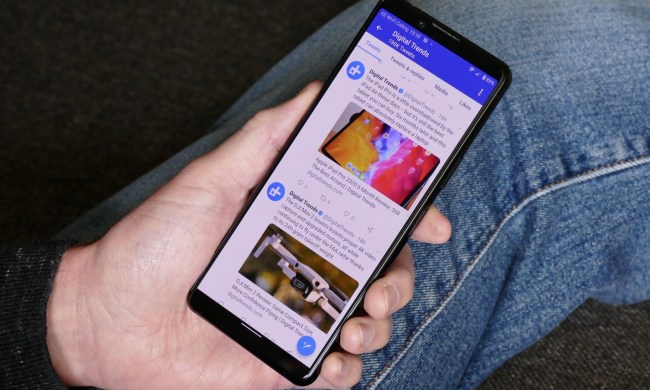 If the digitally-ignited revolutions occurring in the Middle East have proven anything, it’s that social media in the hands of inspired citizens can be effective. A new study is showing just that: Put social networking tools in the hands of youth, and they are more likely to engage in their government.
If the digitally-ignited revolutions occurring in the Middle East have proven anything, it’s that social media in the hands of inspired citizens can be effective. A new study is showing just that: Put social networking tools in the hands of youth, and they are more likely to engage in their government.
The University of California Humanities Research Institute recently conducted a study that found high school students who used the Internet to research and enact their interests were more likely to become involved in “civic and political issues.” These results directly challenge the idea that the Web — particular sites like Twitter and Facebook — has made civic involvement a fad, and one that doesn’t inspire youth enough to actually do anything. Instead, it’s been suggested that this age group only goes so far as to help circulate causes, which has coined the term slacktivism.
According to the longitudinal study, part of the findings are based on interpreting activism differently. “Research demonstrates that many youth are disengaged from traditional forms of civic and political life but are very engaged with new media. Our study findings strongly suggest that there are ways to build on their engagement with digital media to foster engagement in civic life,” says professor Joe Kahne, author of the study.
The research surveyed over 2,500 “highly diverse” youths and tracked more than 400 for multiple years. It took into account how often students used blogs and social networking sties to share thoughts, the Internet to research specific issues, and e-mail to reach out to organizations and actually become involved. And in addition to increasing the odds of activism and volunteerism, the study found that the Internet also helps this age group form political ideals. “We found that being part of online participatory communities tied to youth interests, political or not, exposes youth to a greater degree of diverse viewports and issues and is related to higher levels of civic engagement,” Kahne claims.

